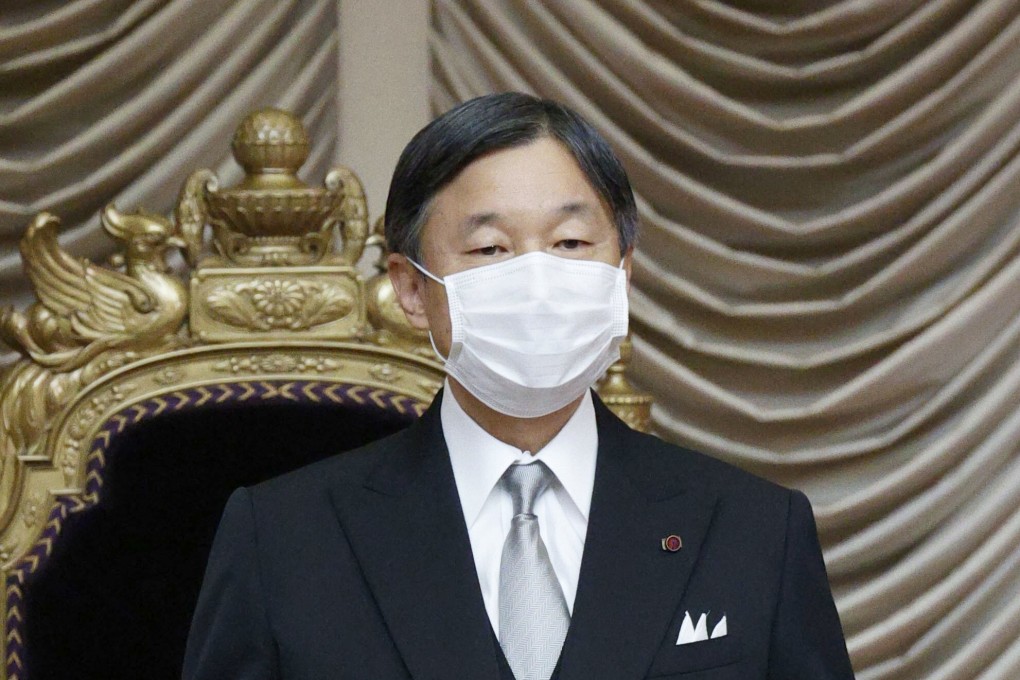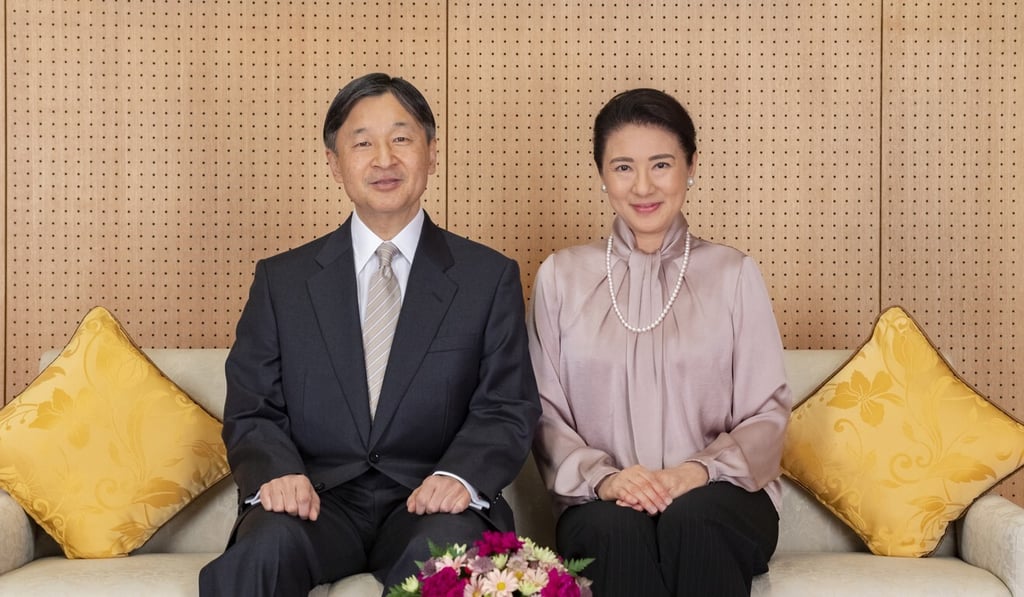Japan considers setting up panel on ways to secure a stable imperial succession
- There are only three males in line to succeed Emperor Naruhito – his younger brother, the crown prince’s son, and the emperor’s uncle
- The emperor and Empress Masako have a daughter, but under the Imperial House Law women cannot ascend the throne

Japan is considering stepping up discussions on ways to secure a stable imperial succession by establishing an advisory panel to solicit views from experts on the issue, government and ruling party sources said on Friday.
The plan is part of the government’s efforts to address concerns that the imperial household could run out of heirs in the not-so-distant future, as conservative lawmakers and academics seek to maintain male-only succession rules while the public widely supports allowing women to ascend the throne.
There are only three males in line to succeed 60-year-old Emperor Naruhito – his younger brother Crown Prince Fumihito, 55, the crown prince’s son Hisahito, 14, and the emperor’s uncle Prince Hitachi, 85.

The emperor and Empress Masako have a 19-year-old daughter, Princess Aiko, but under the Imperial House Law women cannot ascend the Chrysanthemum Throne.
At a press conference on Friday, House of Representatives Speaker Tadamori Oshima said he hopes the government will now give “solemn consideration” to what can be done to realise a stable imperial succession.